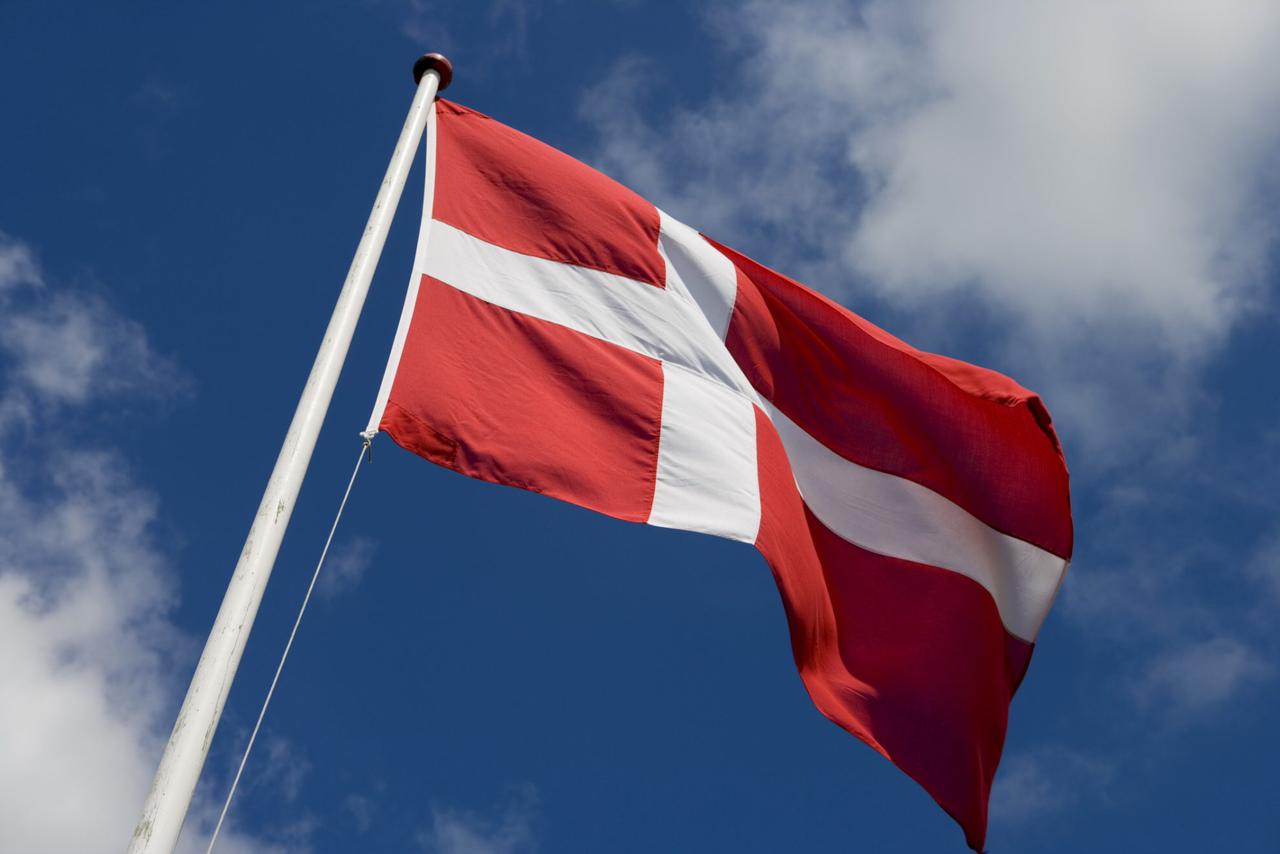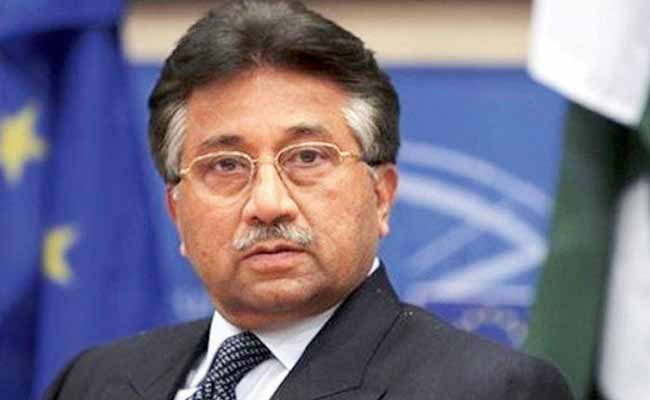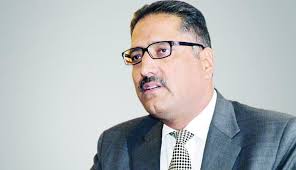Allies to Help Boost Security at Denmark’s European Summits Amid Drone Threat

Copenhagen | September 30, 2025 France, Germany, Sweden, and the United Kingdom have pledged military support to Denmark to strengthen security at this week’s European summits, following recent drone incursions that disrupted air traffic and raised fears of hybrid attacks. Copenhagen is set to host two major gatherings: a meeting of EU leaders on Wednesday and a summit of the 47-member European Political Community on Thursday. In preparation, Danish authorities have already heightened security, but last week’s drone disruptions at six airports, including Copenhagen—the busiest in the Nordic region—have led to reinforced measures with the help of European allies. International Support Against Drone Threats On Monday, French, German, and Swedish officials announced the deployment of military personnel, radar systems, and anti-drone equipment to Denmark. France said it would send a Fennec military helicopter and a 35-member team to oversee counter-drone operations. Germany confirmed it would deploy around 40 soldiers equipped with drone-detection and defense systems. Swedish Prime Minister Ulf Kristersson added that Sweden would supply “Counter-UAS” (Counter-Unmanned Aircraft Systems) technology and several radar units. Swedish police will also send a significant contingent to Copenhagen at Denmark’s request, joined by Norwegian officers. The UK is contributing counter-drone technology, with British Defence Minister John Healey warning of increasing “grey-zone” aggression against European states. “No one should be in any doubt that we are facing a level of grey-zone activity and aggression which is testing us and testing other countries,” Healey said in an interview with Politico. Russia Suspected, Kremlin Denies Danish Prime Minister Mette Frederiksen has described the drone activity as a hybrid attack and suggested Russia could be behind the incursions. “Russia is the country that poses a threat to European security,” she said, though Denmark has not formally accused Moscow. The Kremlin has denied involvement. “Putin wants to divide us. I will do everything I can to ensure that he never succeeds,” Frederiksen wrote in an Instagram post on Monday. The incidents in Denmark follow a pattern of suspected Russian drone incursions across Europe, including flights into Polish and Romanian airspace. Estonia also reported on September 19 that Russian fighter jets entered its airspace for 12 minutes. Security Measures Extended On Sunday, Denmark imposed a nationwide ban on civilian drone flights after reports of drones near several military installations. The heightened alert comes as NATO upgrades its presence in the Baltic Sea. A German air defense frigate arrived in Copenhagen over the weekend to assist with airspace monitoring. The international military support operation is expected to continue until October 7, covering both summits and their aftermath. Soldiers deployed will bring specialized detection equipment, and law enforcement cooperation is being expanded across Nordic borders. High-Stakes Summits The upcoming summits will bring together top European leaders to discuss pressing issues including security, economic cooperation, and geopolitical challenges. Ensuring the safety of these events is considered critical not only for Denmark but also for European unity. For Copenhagen, the challenge lies in managing immediate threats while reassuring citizens and allies that its capital remains secure. With support from France, Germany, Sweden, the UK, and NATO, Denmark aims to show resilience in the face of growing hybrid threats. Allies Send Anti-Drone Support to Denmark Ahead of EU Summits Denmark has received security support from France, Germany, Sweden, and the UK after drone incursions disrupted flights at six airports last week, including Copenhagen. Ahead of EU and European Political Community summits, allies are deploying soldiers, radar units, and counter-drone systems. France is sending a helicopter and 35 personnel, while Germany will contribute 40 soldiers. Sweden is providing radar systems and police reinforcements, joined by Norwegian officers. The UK is supplying counter-drone technology. Danish Prime Minister Mette Frederiksen suggested Russia may be responsible, calling the incursions a hybrid attack, though Moscow denies involvement. NATO has also strengthened Baltic operations.




